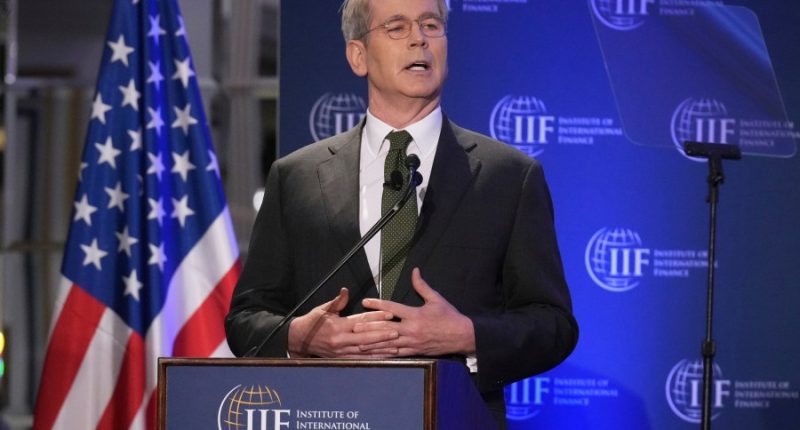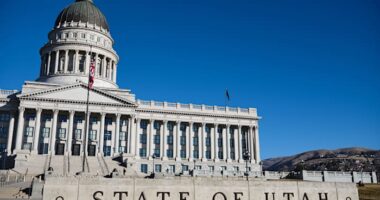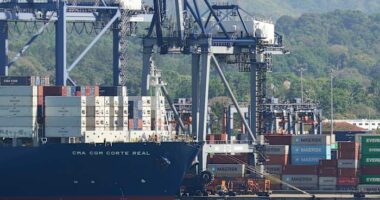Share this @internewscast.com

() Members of the House Appropriations Committee questioned Treasury Secretary Scott Bessent on Tuesday amid an escalating trade war, where he admitted the United States is not currently in negotiations with China.
Bessent appeared as the Trump administration faces stock market turmoil and increasing fears of a recession among voters.
In an exchange with Rep. Mark Pocan, D-Wis., Bessent went silent when asked who paid tariffs, before attempting to say it was complicated and avoiding giving a straight answer.
He also defended the idea of “strategic uncertainty” in negotiations. Pocan pushed back by noting that small businesses can’t face the same kind of uncertainty as large corporations and will be the ones pushed out of business.
Trump continues to claim tariffs will help country in the long run
President Donald Trump’s steep tariffs on China have led to warnings of shortages and high prices, with some experts warning consumers could start seeing empty shelves in a matter of days.
Trump has not backed down from his insistence that tariffs will benefit the country in the long term and has claimed that multiple countries have been making deals to provide more favorable trade conditions to the U.S. in exchange for lower tariffs.
None of those deals have been announced, however, and China has repeatedly rejected assertions from the White House that it is ready to make deal.
Trump paused some tariffs in April, but import taxes remained for China
In April, Trump announced that he would be pausing a lot of his tariffs for 90 days. However, that didn’t apply to import taxes on products shipped from China. Companies like Temu and Shein have already raised prices on consumers due to these tariffs.
These changes started April 25, a week before the end of the de minimis rule, which lets low-value packages skip certain paperwork and enter the U.S. duty-free. This rule was created because import taxes would sometimes cost more than the package itself.
Some electronics, like smartphones, have been excluded from tariffs as of now. Tim Cook, Apple’s CEO, said the tariffs were projected to add $900 million to the company’s costs in the June quarter.










